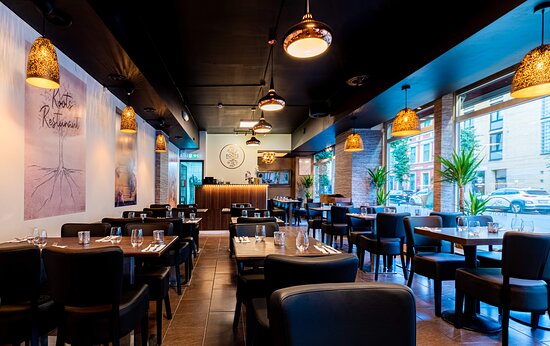palestine
WELCOME TO palestine
Country Overview
Ramallah
6,220 km2
5 million
Arabic
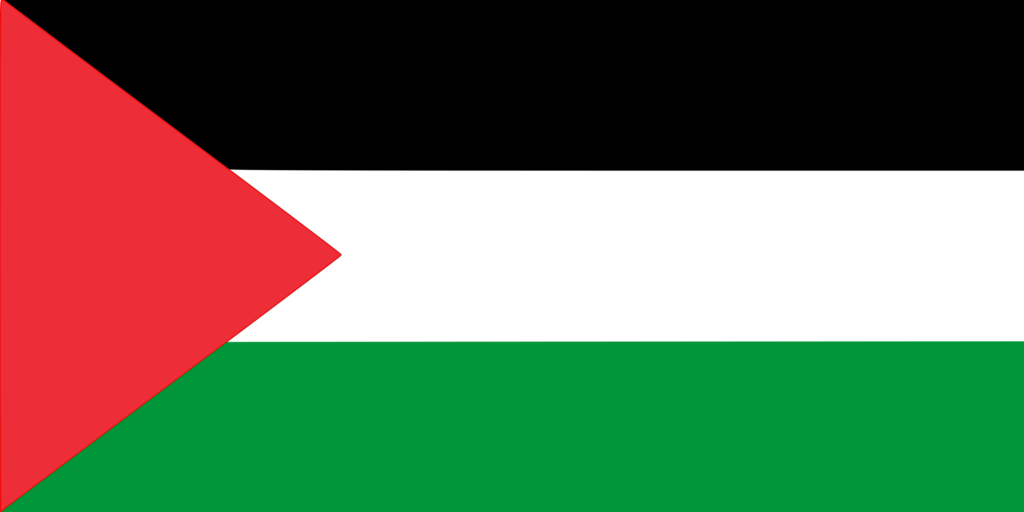
Popular
Geography and Tourist Attractions
Information about the country's tourist attractions, including popular destinations, events, and activities.

Old City of Jerusalem
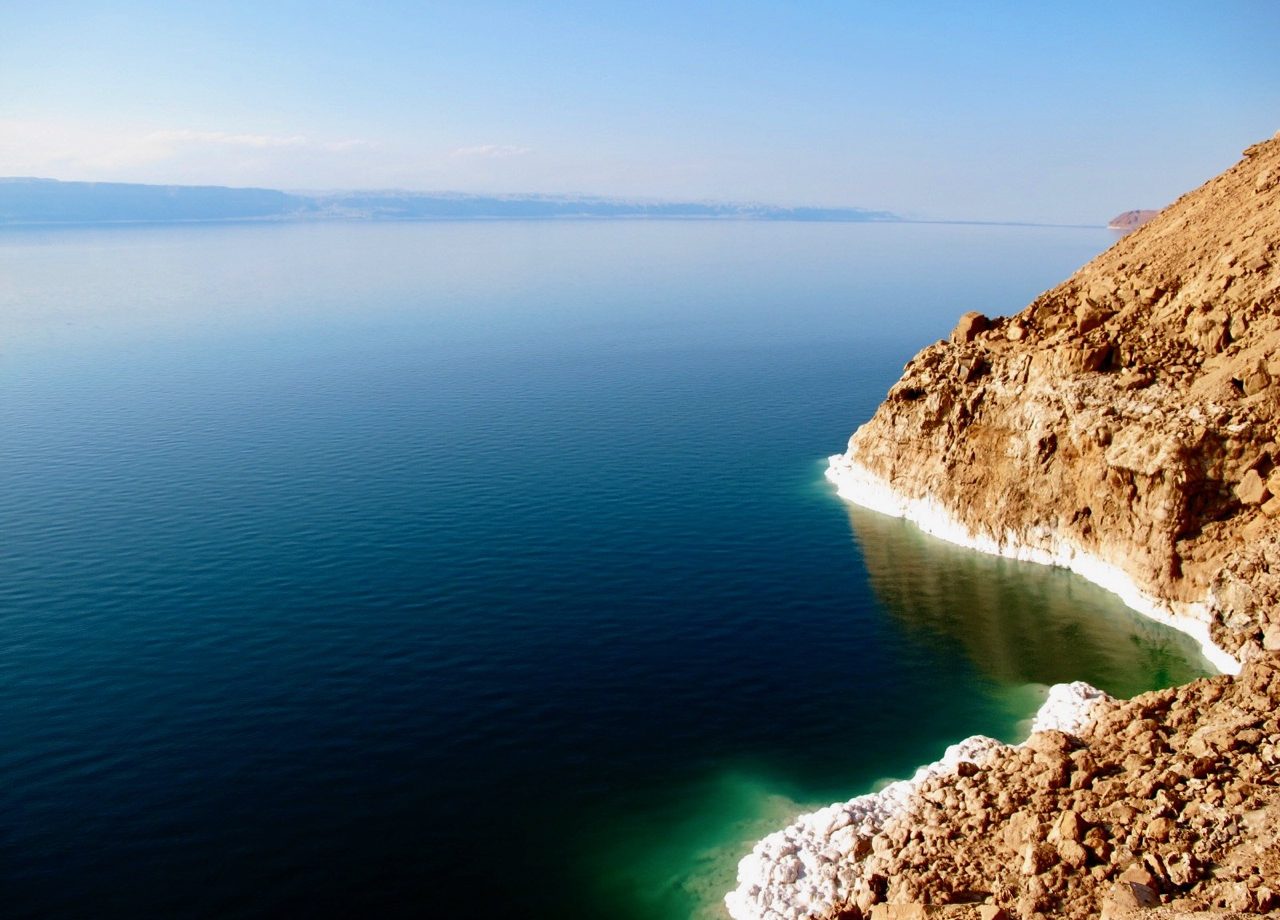
Dead Sea
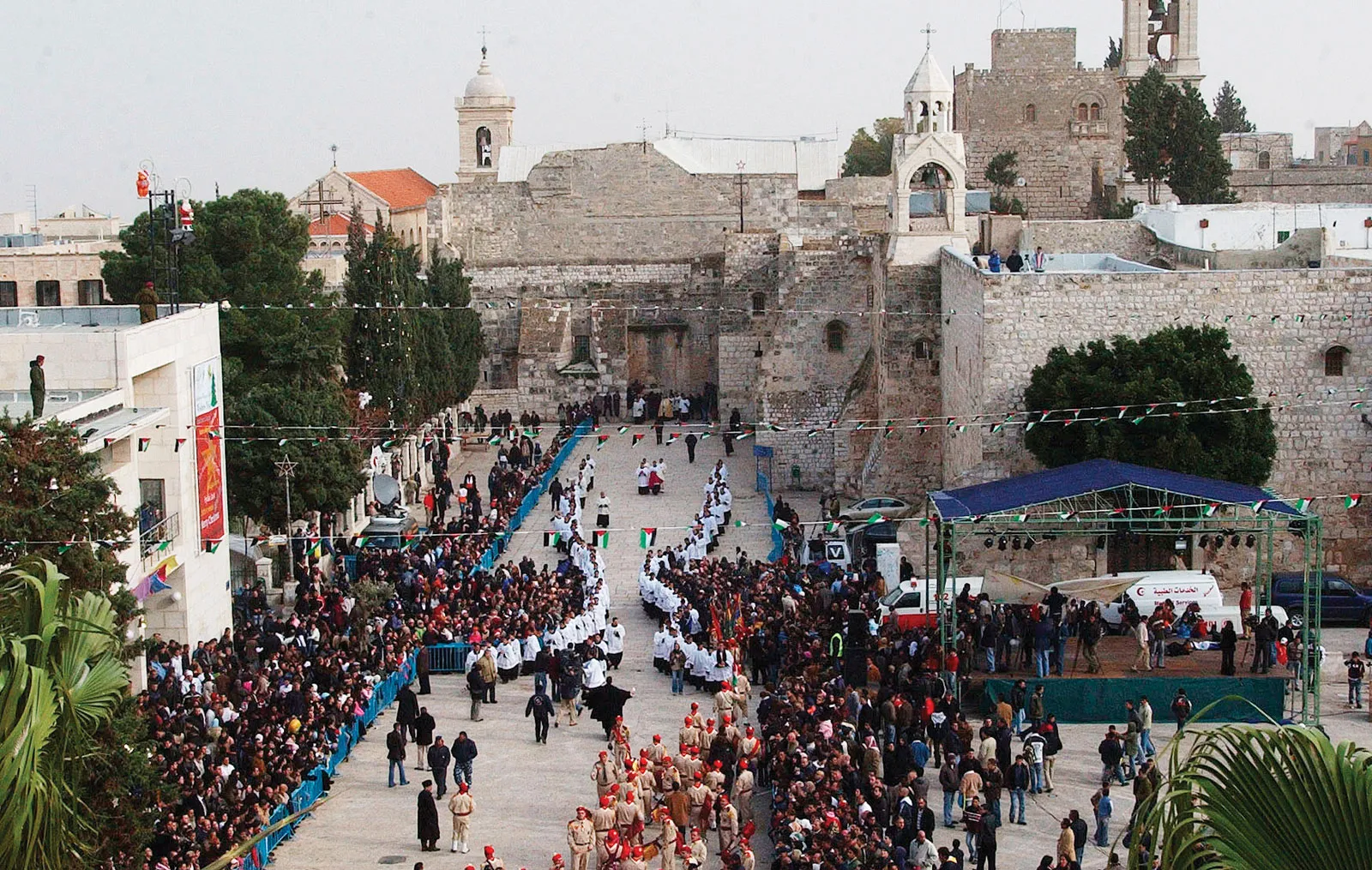
Bethlehem
Political
Economy and Government
The economy and government in Palestine face unique challenges due to the ongoing political situation and territorial disputes. The Palestinian Authority, established in the 1990s, exercises limited self-governance in parts of the West Bank, while the Gaza Strip is governed by Hamas.
The Palestinian economy heavily relies on international aid and remittances. Key sectors include agriculture, manufacturing, construction, and services. However, economic growth is hindered by restrictions on movement, trade, and access to resources. High unemployment rates, particularly among the youth, contribute to economic instability.
In recent years, efforts have been made to develop the private sector and encourage entrepreneurship. Initiatives such as the Palestine Investment Fund aim to attract foreign investment and stimulate economic growth. Nevertheless, the overall economic conditions remain challenging.
Politically, the Palestinian Authority seeks recognition as an independent state and has engaged in peace negotiations with Israel. The governance structure faces ongoing political divisions between Fatah and Hamas, which hampers the establishment of a unified government. This internal fragmentation affects the decision-making process and creates difficulties in implementing coherent policies.
International recognition and diplomatic support for Palestinian statehood vary among countries, contributing to a complex geopolitical landscape. Efforts continue to reach a comprehensive and lasting solution that addresses both the political and economic aspects of the Palestinian question.

History
History and Culture
Palestine has a rich and complex history that spans thousands of years. It is a region deeply rooted in the stories of ancient civilizations, including the Canaanites, Philistines, Israelites, and numerous empires. The land holds immense religious significance for Judaism, Christianity, and Islam.
Historically, Palestine has been a crossroads of cultures and civilizations, resulting in a diverse cultural tapestry. Traditional Palestinian culture is characterized by its cuisine, music, dance, and handicrafts. Palestinian embroidery, known as tatreez, is renowned for its intricate patterns and vibrant colors.
The cultural heritage of Palestine is also preserved in archaeological sites such as Jericho, Hebron, and Bethlehem, which offer glimpses into the region's ancient past. Additionally, Palestinian literature, poetry, and cinema have played vital roles in expressing the collective identity and resilience of the Palestinian people.
However, the history and culture of Palestine have also been shaped by the ongoing Israeli-Palestinian conflict and displacement. The experience of Palestinian refugees, as well as the struggle for self-determination and sovereignty, is an integral part of the Palestinian narrative.
Despite the challenges, Palestinians continue to celebrate their heritage and express their cultural identity through various artistic forms, festivals, and community events. The cultural richness and historical depth of Palestine contribute to its enduring significance as a place of cultural exchange and human history.
HOTELS
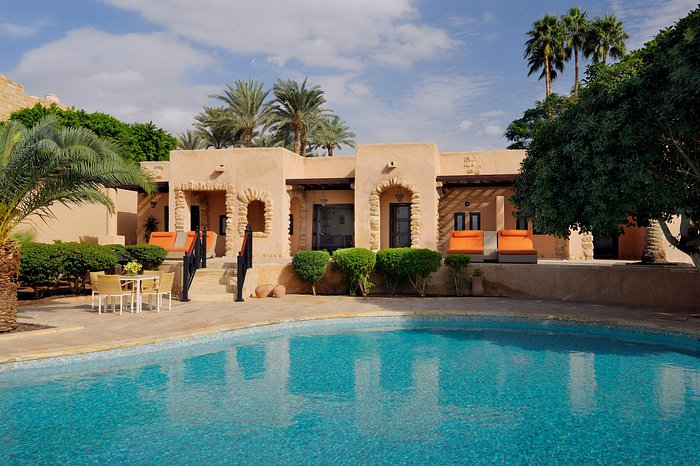
Movenpick Resort & Spa Dead Sea
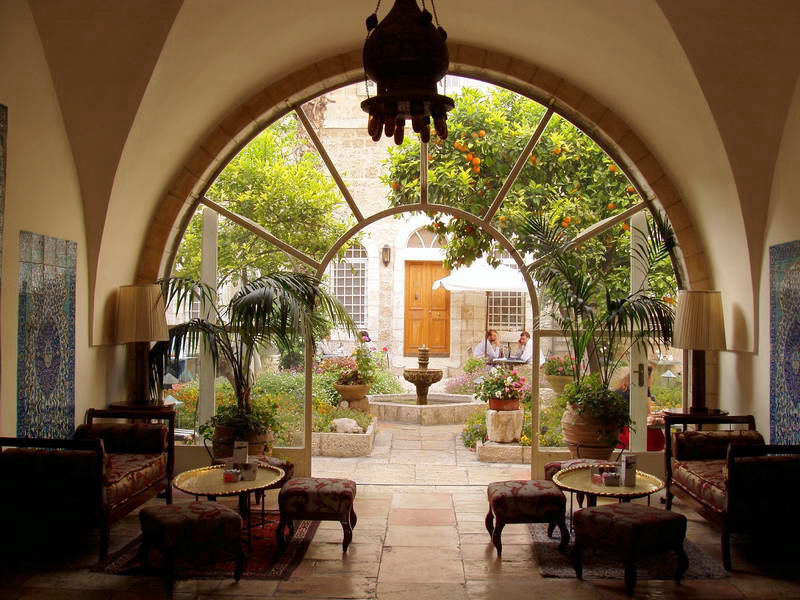
The American Colony Hotel
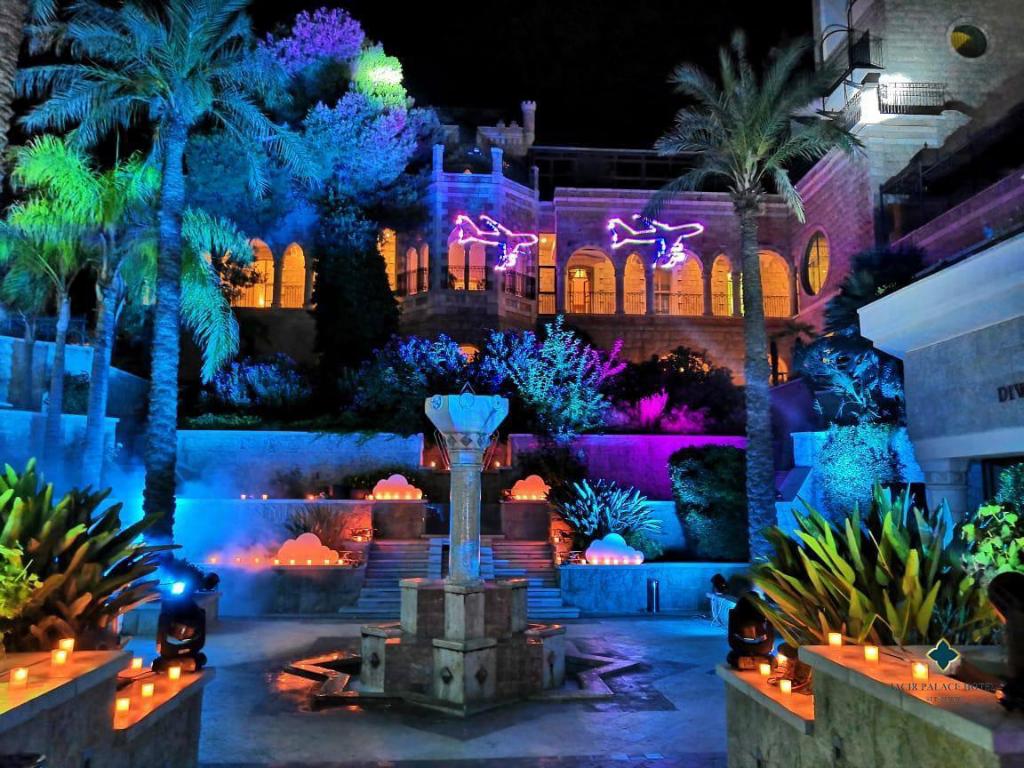
Jacir Palace Hotel
RESTAURANTS

Hosh Jasmin
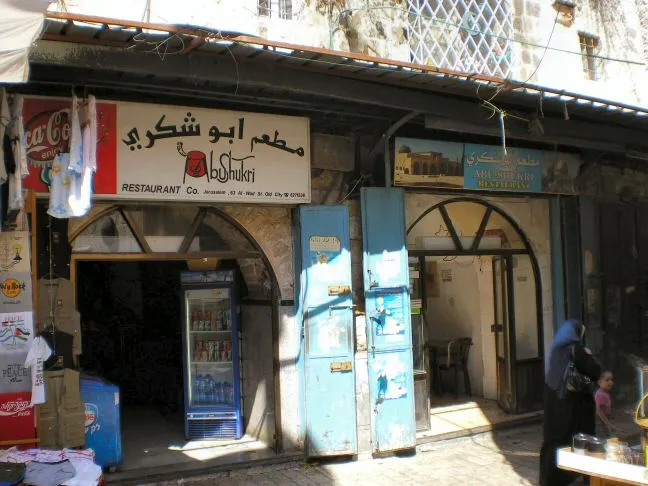
Abu Shukri
